
Record life with our documentary solution: 6 what is the difference between int array and int array gallery featuring countless real-world images. honestly portraying photography, images, and pictures. perfect for journalism and news reporting. Our solution: 6 what is the difference between int array and int array collection features high-quality images with excellent detail and clarity. Suitable for various applications including web design, social media, personal projects, and digital content creation All solution: 6 what is the difference between int array and int array images are available in high resolution with professional-grade quality, optimized for both digital and print applications, and include comprehensive metadata for easy organization and usage. Our solution: 6 what is the difference between int array and int array gallery offers diverse visual resources to bring your ideas to life. Our solution: 6 what is the difference between int array and int array database continuously expands with fresh, relevant content from skilled photographers. Whether for commercial projects or personal use, our solution: 6 what is the difference between int array and int array collection delivers consistent excellence. Reliable customer support ensures smooth experience throughout the solution: 6 what is the difference between int array and int array selection process. The solution: 6 what is the difference between int array and int array collection represents years of careful curation and professional standards.



![Solved int[] oldArray = {1, 2, 3, 4, 5, 6, 7, 8, 9}; | Chegg.com](https://media.cheggcdn.com/media/9cd/9cd367d4-8b6a-48a0-87bd-65b1498afba8/php178ndf.png)
![Array : C/C++ int[] vs int* (pointers vs. array notation). What is the ...](https://i.ytimg.com/vi/8CE_8hurd7I/maxresdefault.jpg)
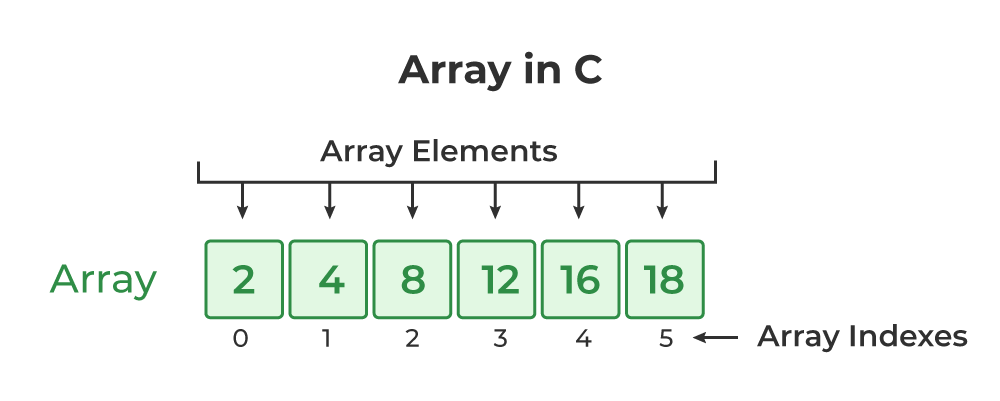


![C++ : Difference between int * array and int array[] in a function ...](https://i.ytimg.com/vi/LZmOcyTnjdc/maxresdefault.jpg)
![C++ : What is the difference between typedef int array[3] and typedef ...](https://i.ytimg.com/vi/QRNi6-Ab_h0/maxresdefault.jpg)



![Solved Look at the following array definition int[] values = | Chegg.com](https://media.cheggcdn.com/media/733/733a362c-72ac-4861-976f-0a078619c6fb/phpgBK0oR.png)

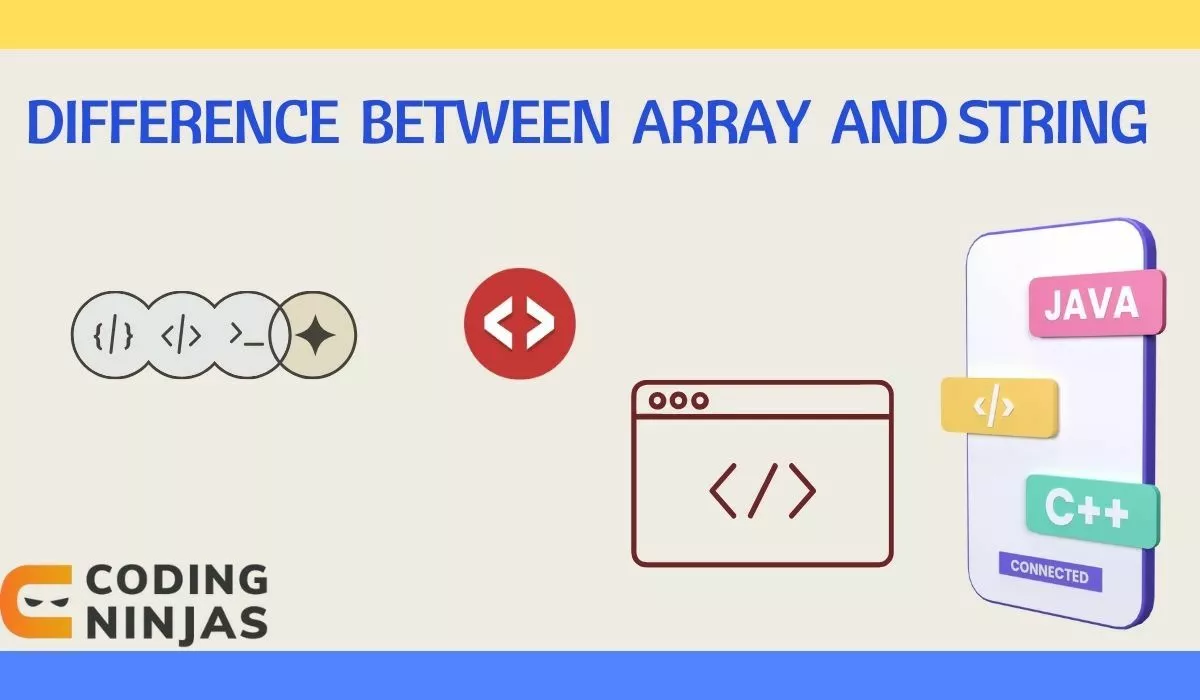


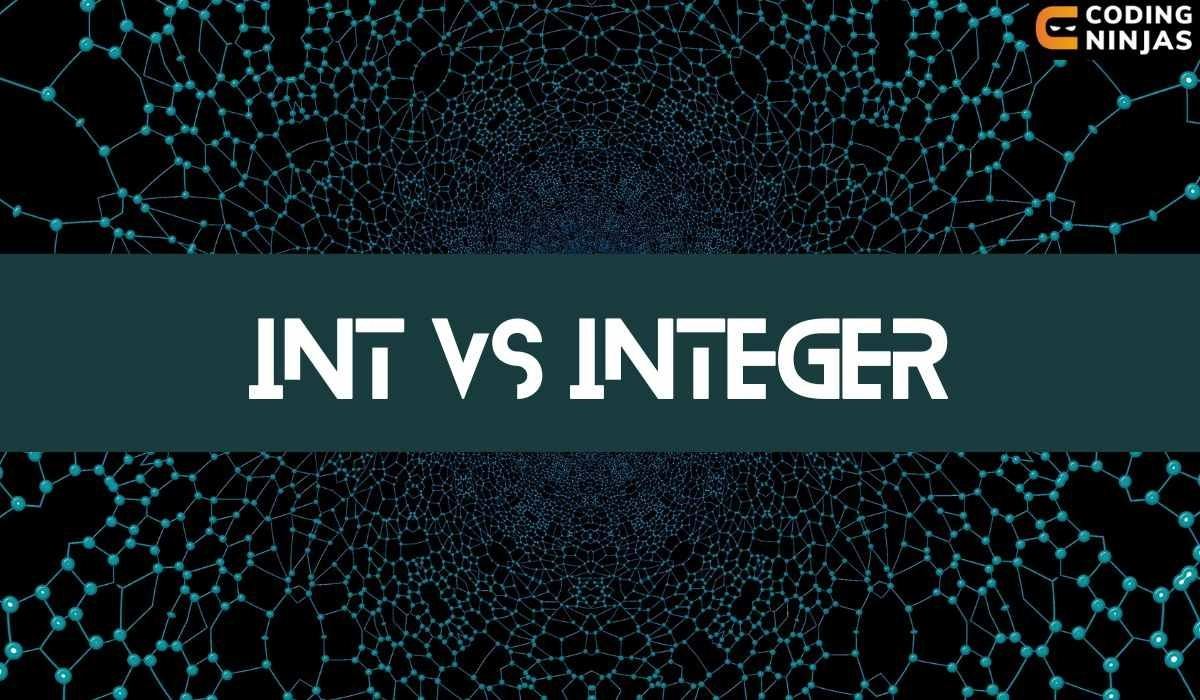
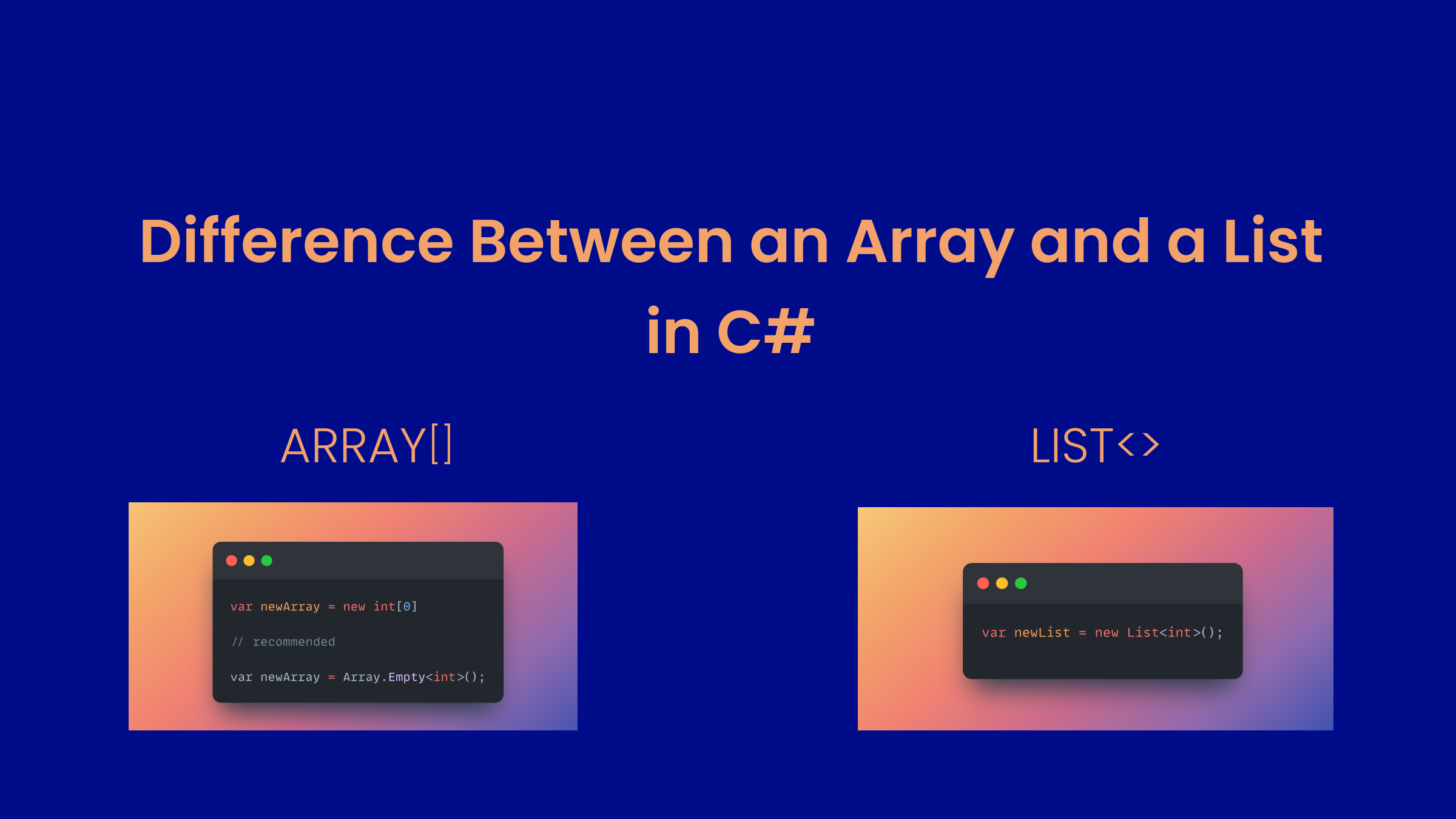

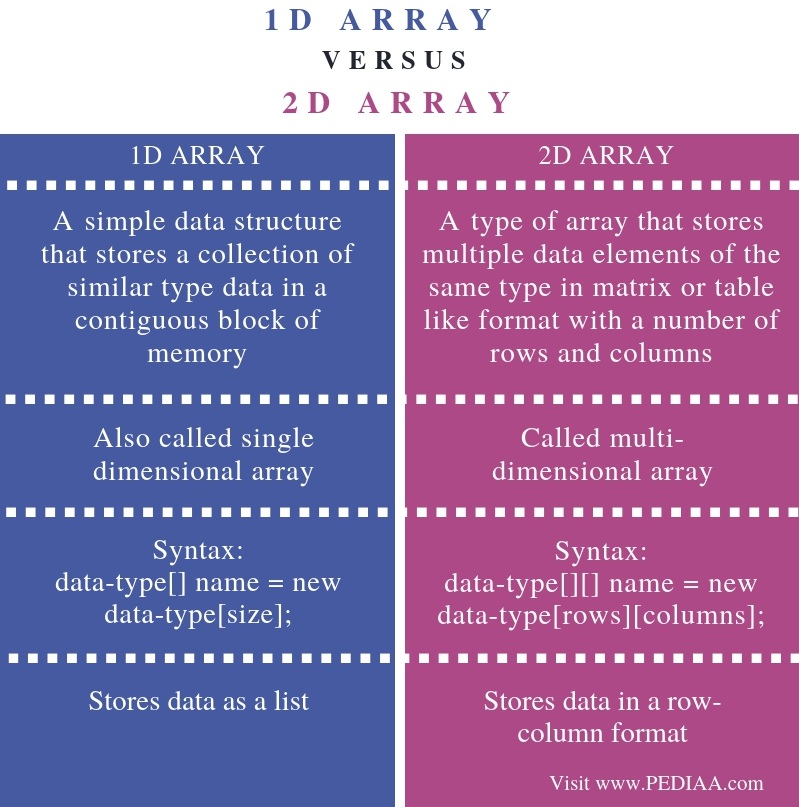
![Difference between int (*p)[3] and int* p[3]? - GeeksforGeeks](https://media.geeksforgeeks.org/wp-content/uploads/20201123001107/gfg2.jpg)
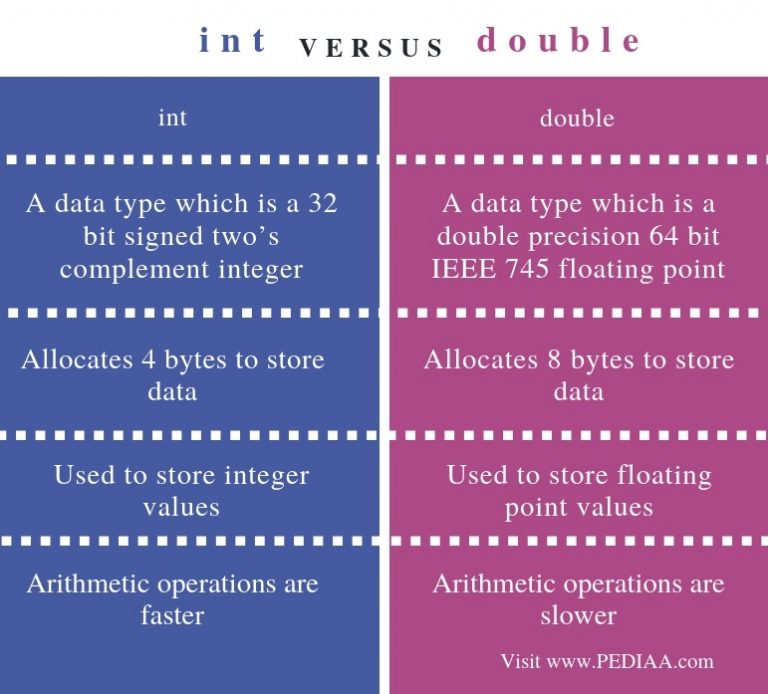

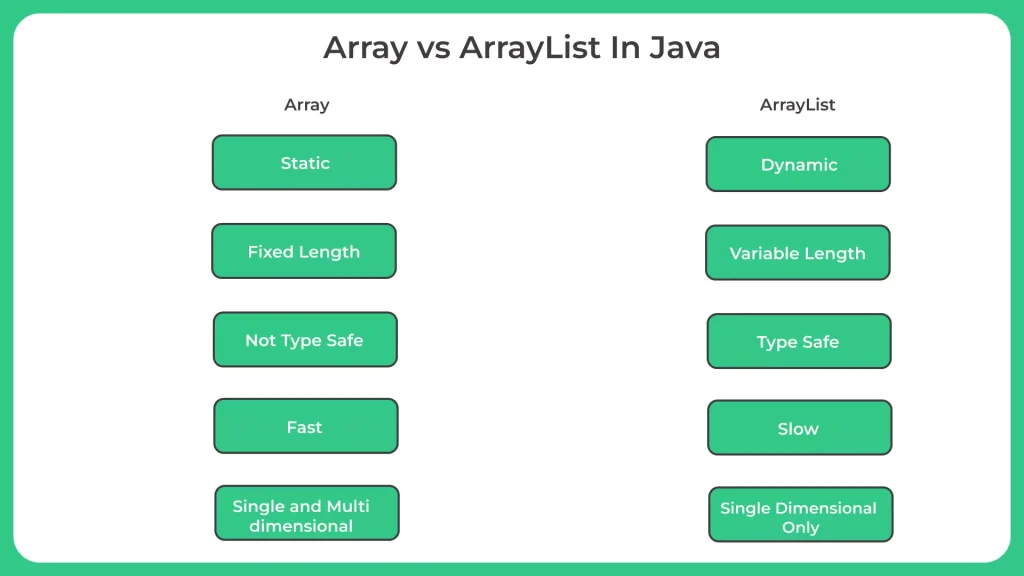
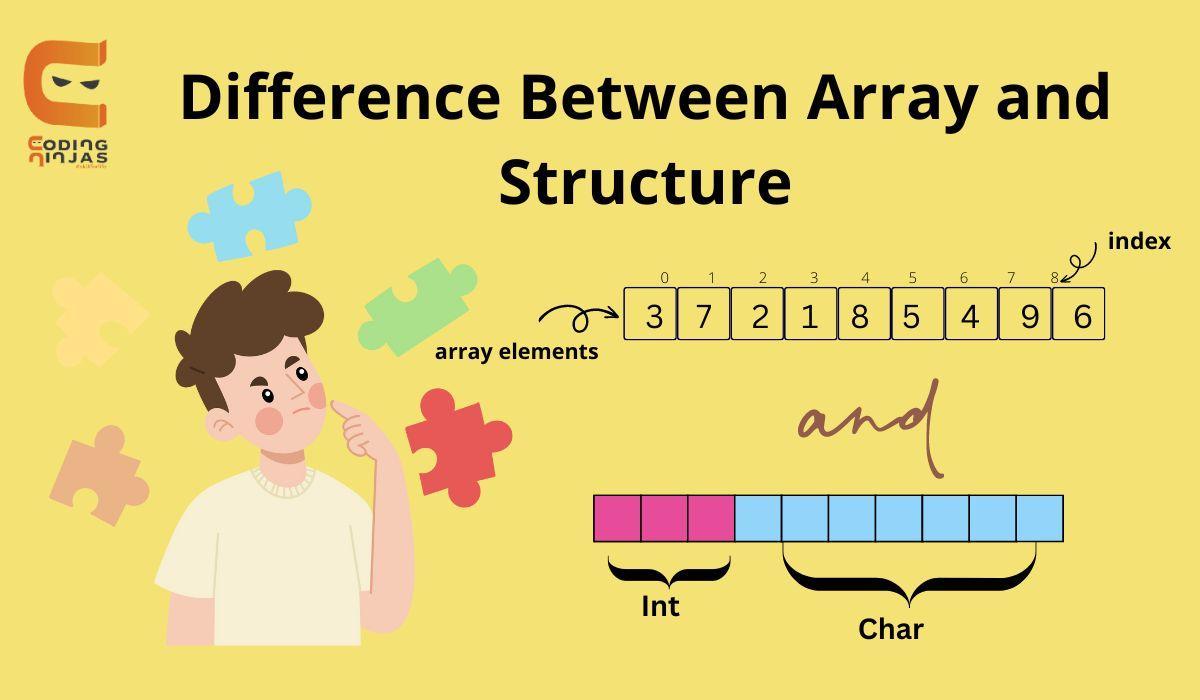

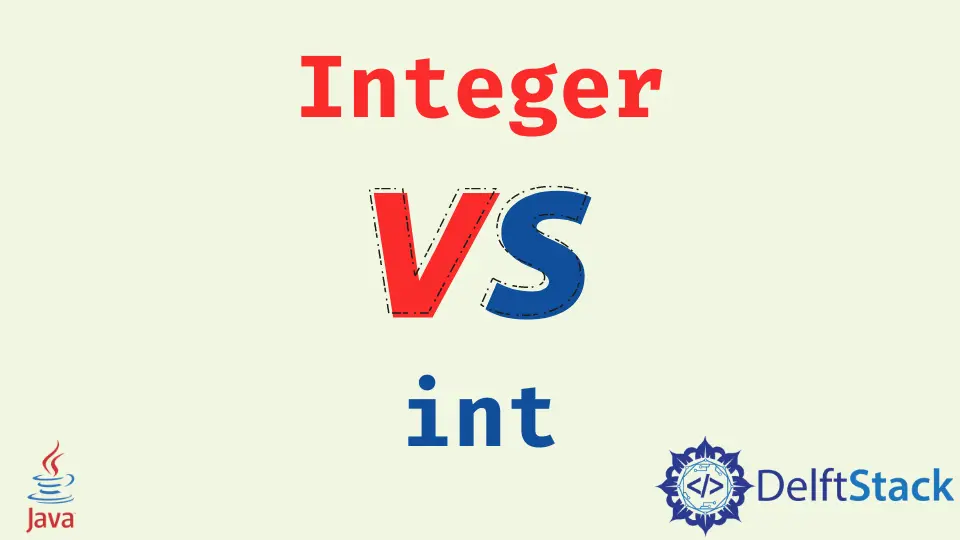
![Difference between int (*p)[3] and int* p[3]? - GeeksforGeeks](https://media.geeksforgeeks.org/wp-content/uploads/20201123001106/gfg11.jpg)

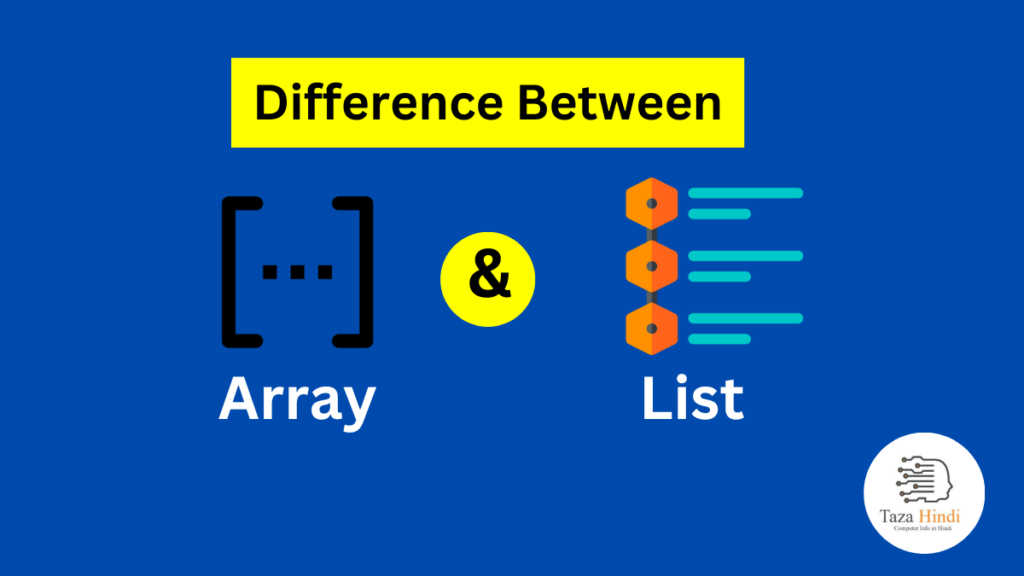
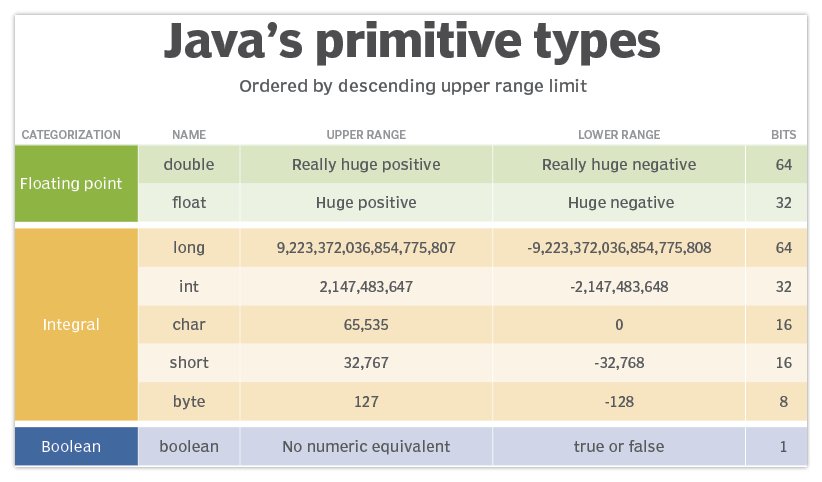
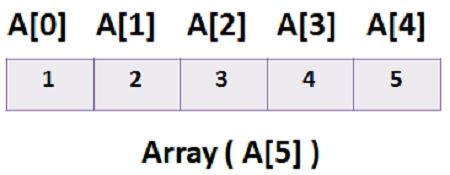
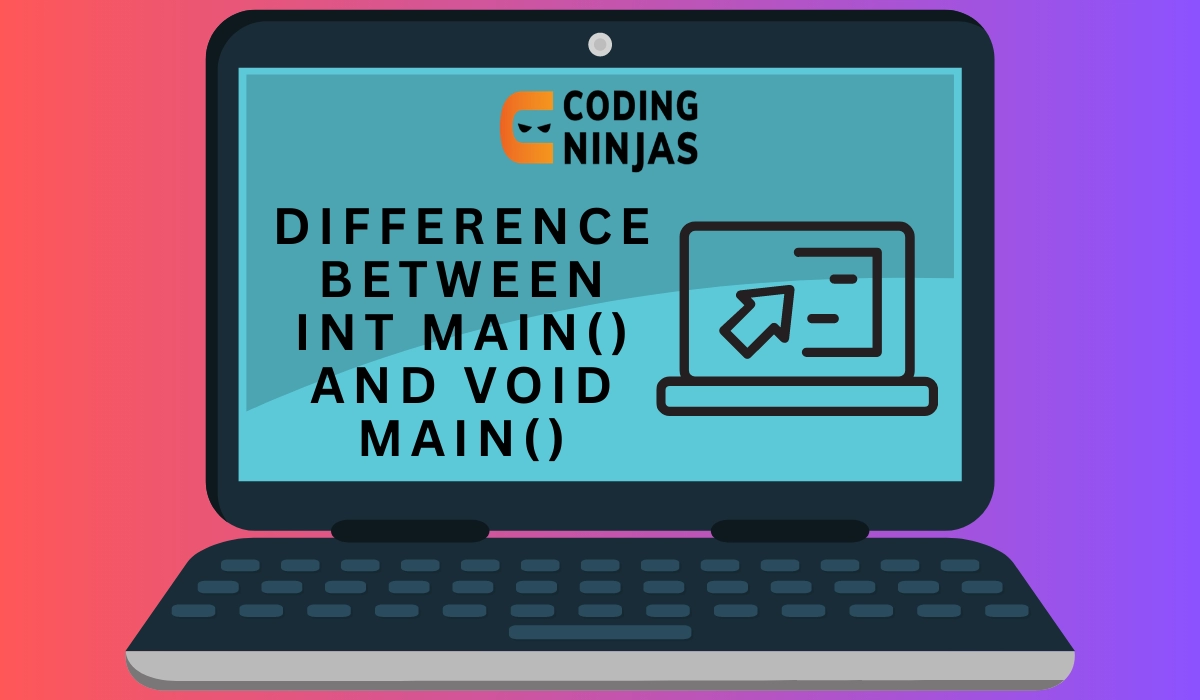

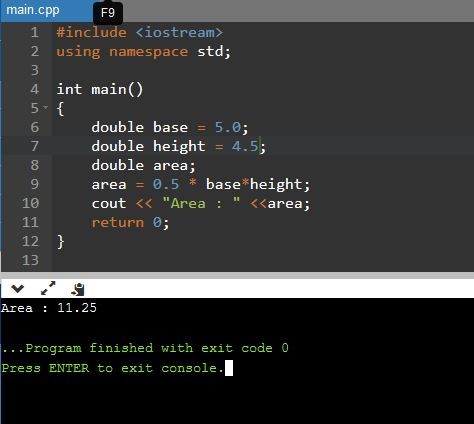



![Answered: Consider the following: int[][] array = new int [3] [6]; for ...](https://content.bartleby.com/qna-images/question/4eaca33a-bcfa-4336-aecf-f320ab80f63b/e91cde5a-4b19-49d6-82aa-4d471c7c2b8b/9198ay8_thumbnail.png)
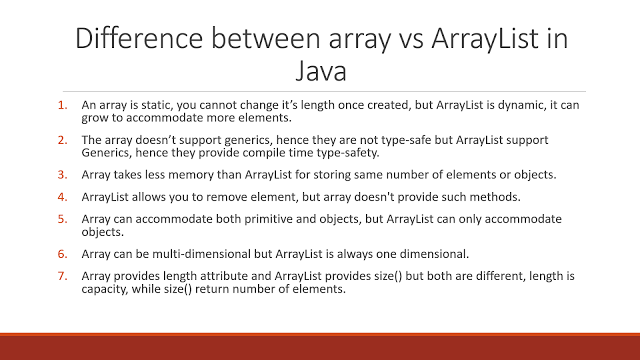
![Solved int main() { int array[] = {1, 2, 3, 4, 5, 6, 7}; int | Chegg.com](https://media.cheggcdn.com/media/d91/d9144ac6-f47d-44e9-8bd5-bfe51920b79b/php8uri71.png)





![Array : Difference Between int[] and list int - YouTube](https://i.ytimg.com/vi/XEQWD5OtS4o/maxresdefault.jpg)
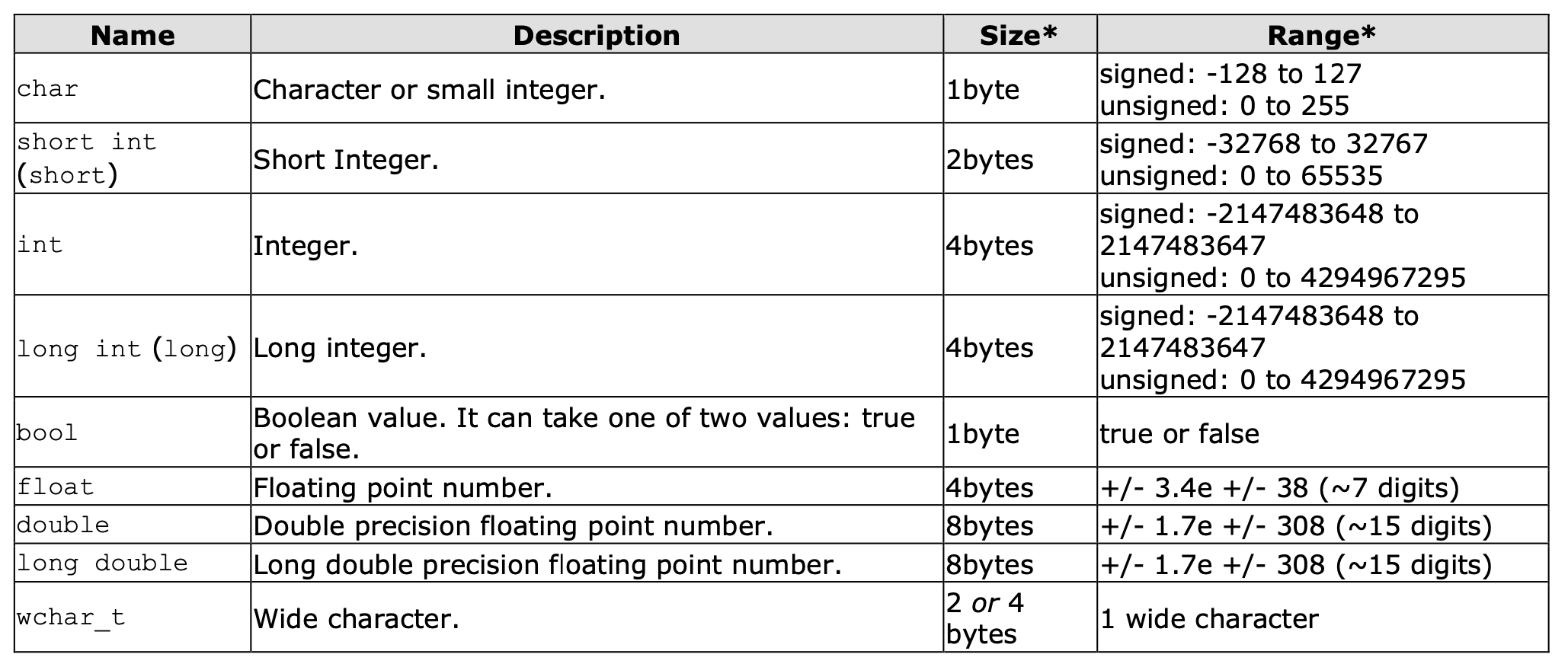
![Solved Given the following array definition: int values[] = | Chegg.com](https://media.cheggcdn.com/study/247/247d5c03-3571-41ac-bfc1-abac63a855fc/image.png)

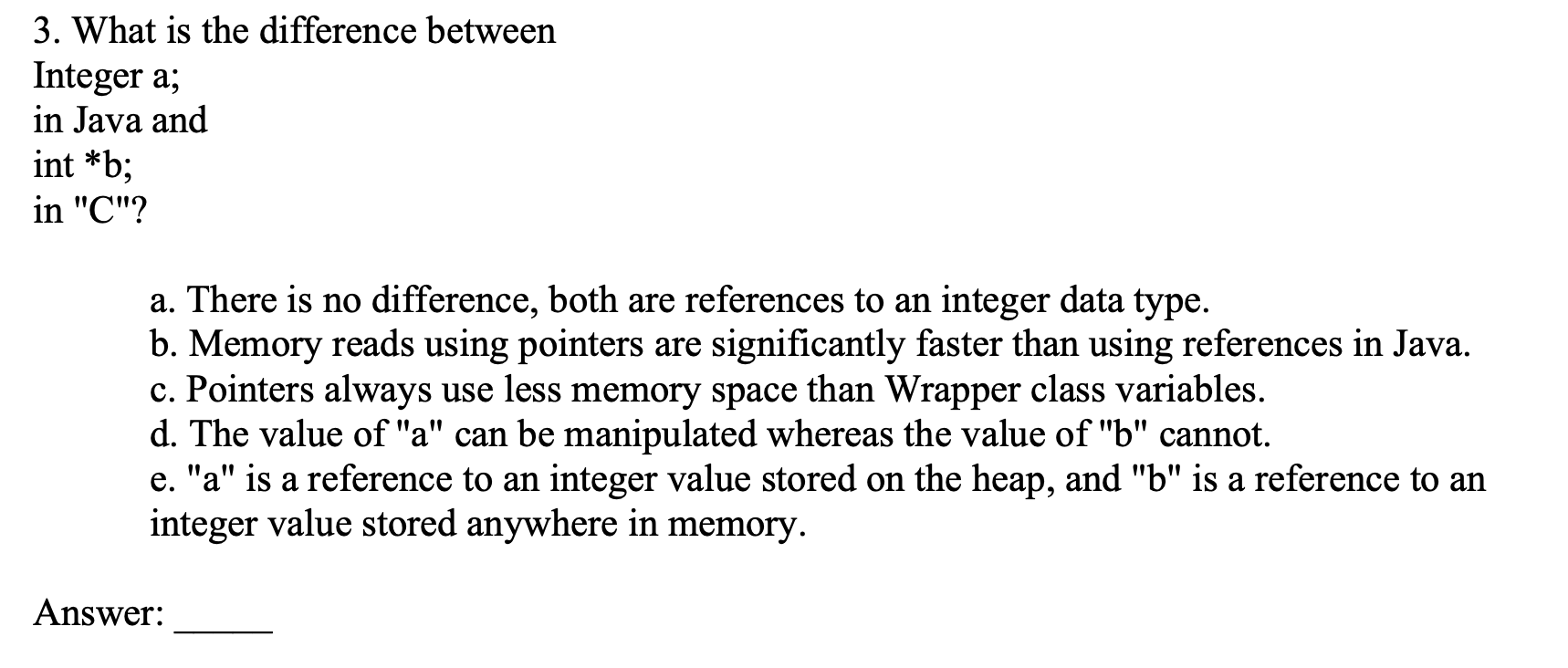
![Solved int[] array ={0,1,2,3,4,5,6,7,8,9} Set s1(array, 10) | Chegg.com](https://media.cheggcdn.com/media/ca1/ca11af9f-10fa-426e-86cd-e85c3144aabc/phpiTAZiq)
![Solved Given the following arrays. int[] array1 = {1, 2, 3}; | Chegg.com](https://media.cheggcdn.com/media/8dc/8dc5191d-db82-4435-92b6-54e3a7a672b9/phpBpCyw0.png)

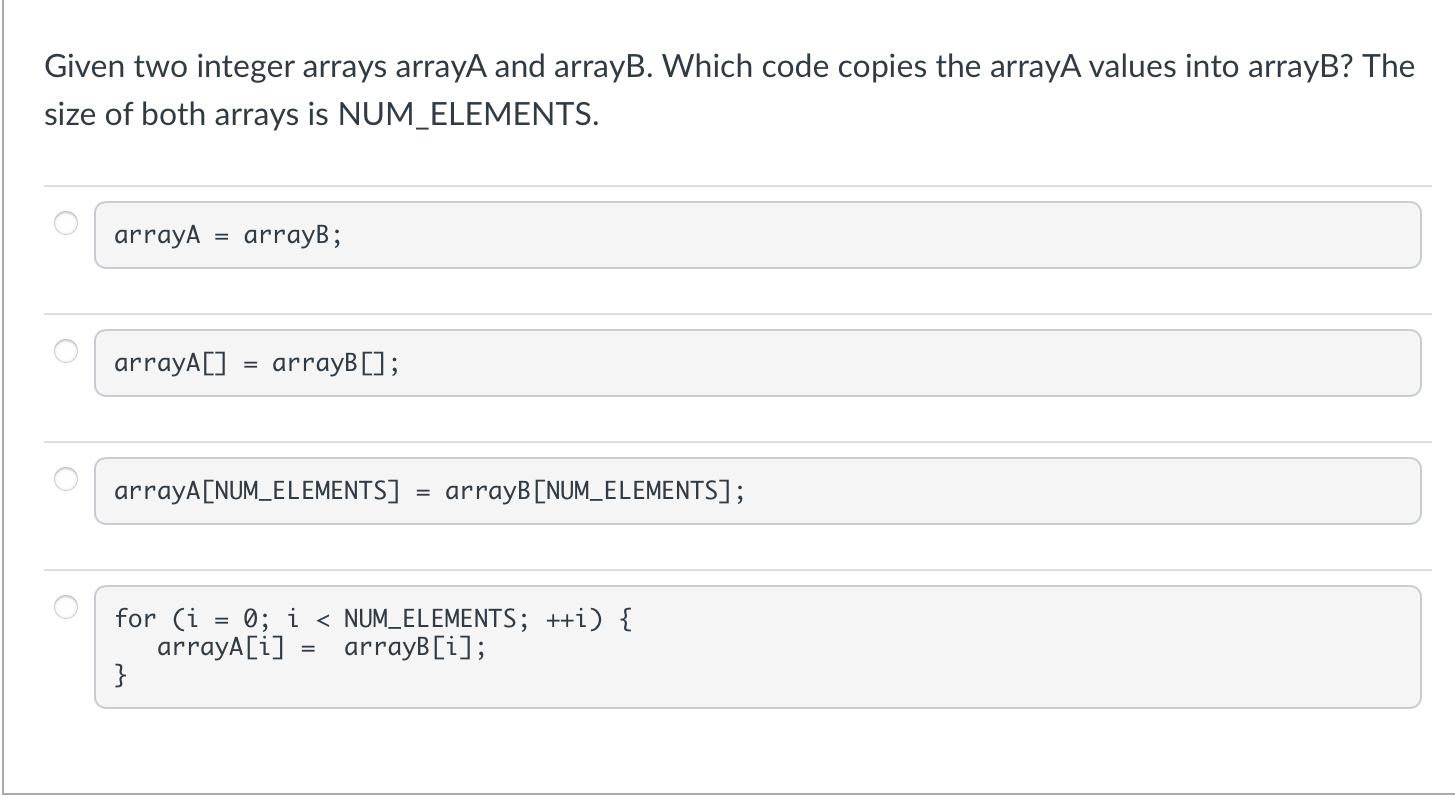


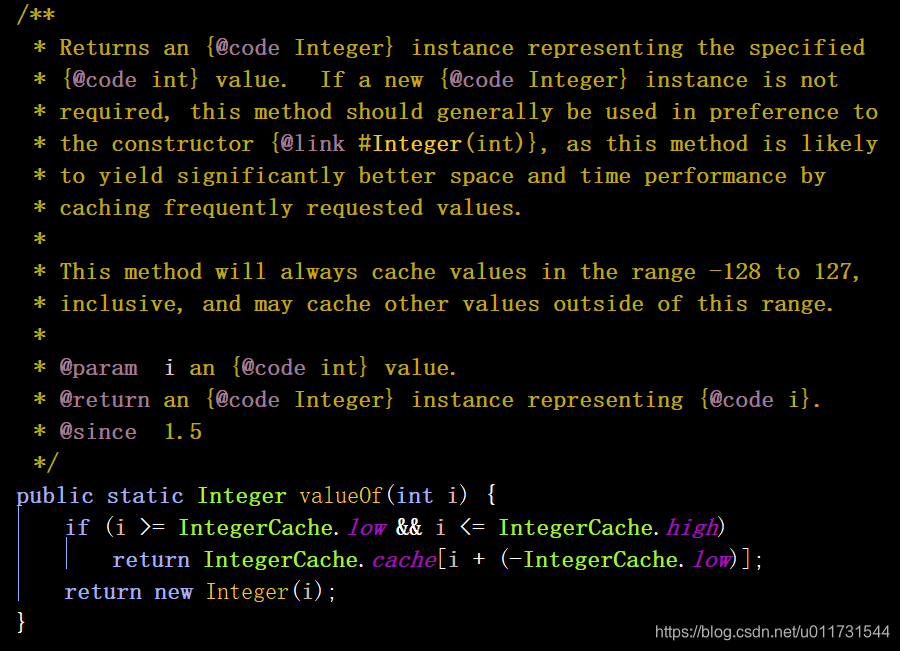
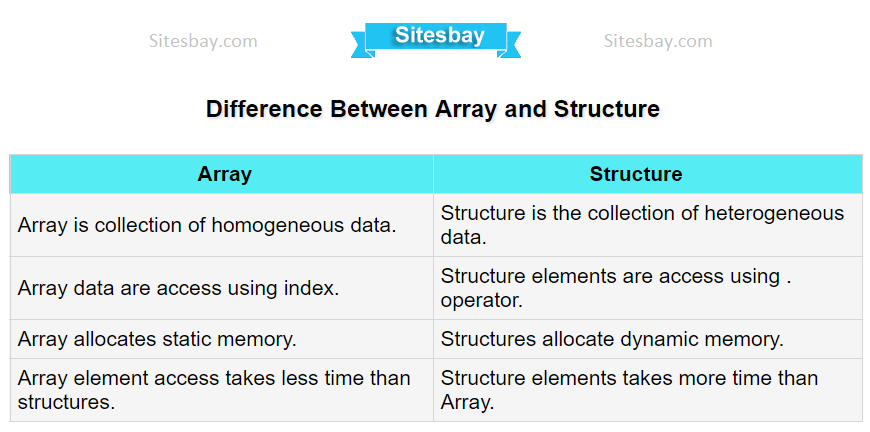
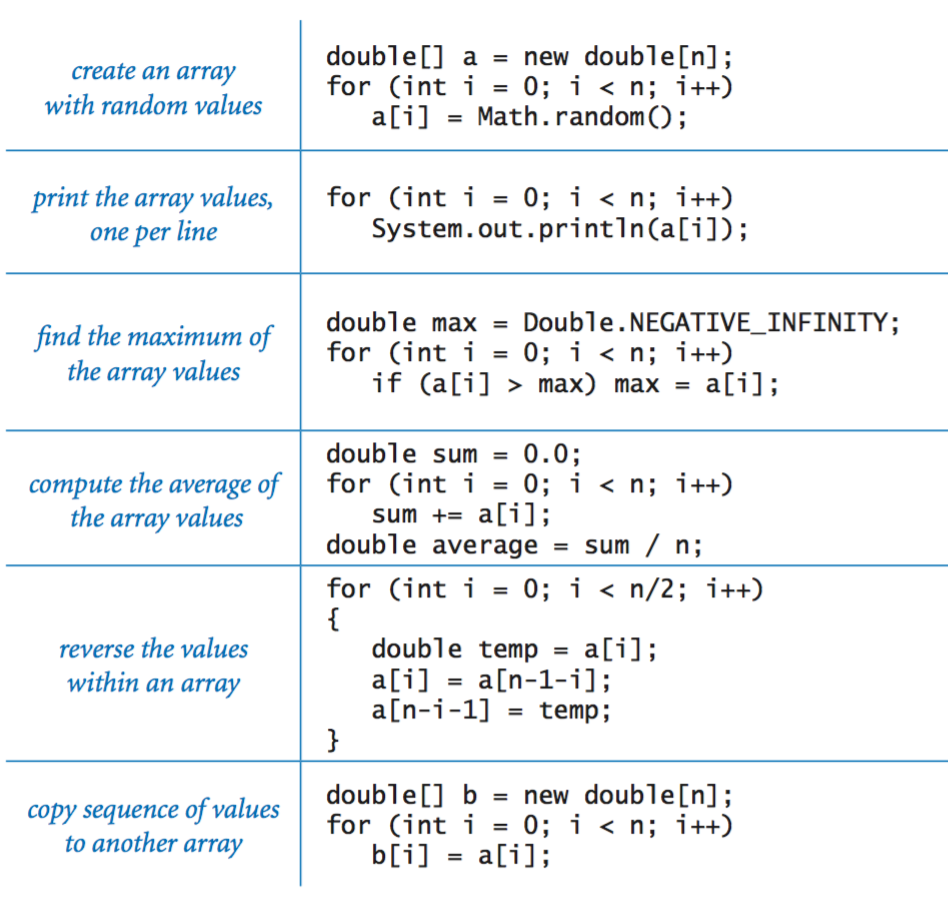


![Array : int[] vs ArrayList () in memoization, dynamic programming in ...](https://i.ytimg.com/vi/BF3t7RTjkYQ/maxresdefault.jpg)
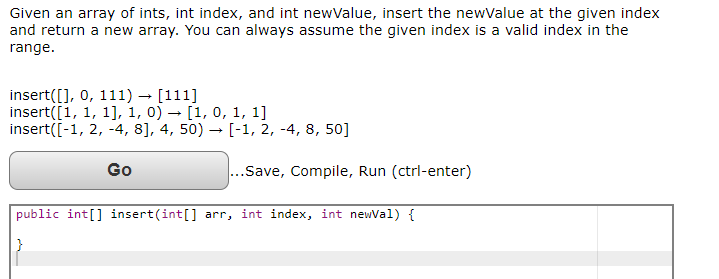



![Solved DIArray(int array[], int size) for (int i 0; i](https://media.cheggcdn.com/media/0b7/0b7d631e-6de6-4f05-bec0-3a6c753062b5/image)
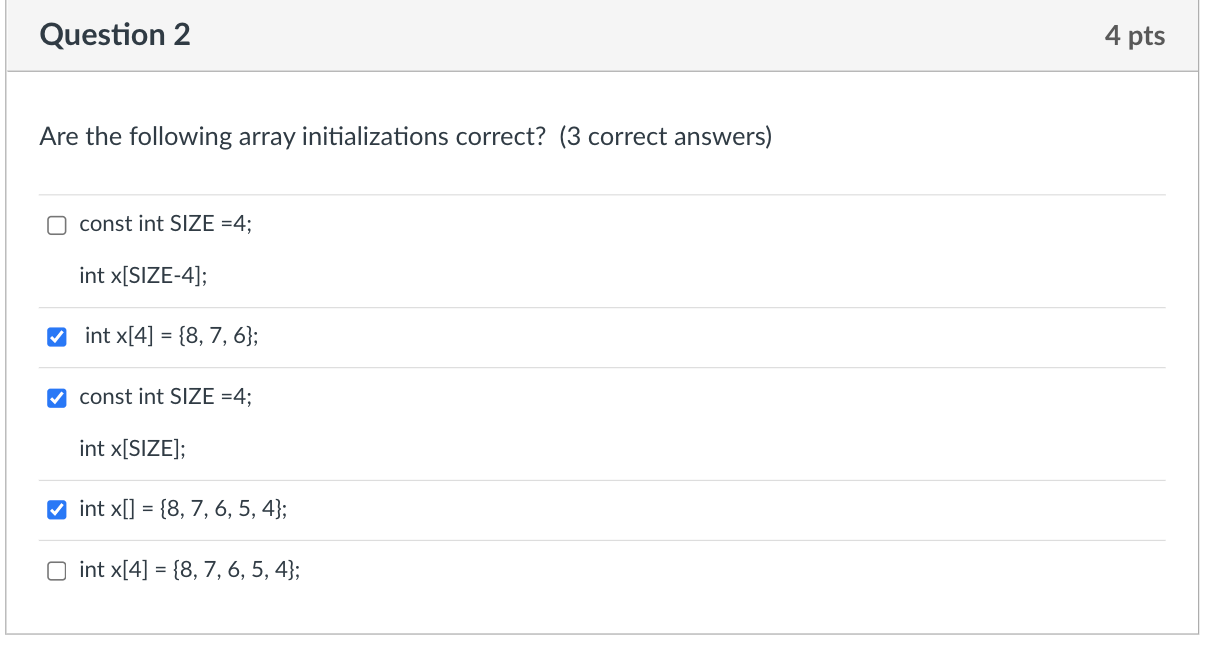

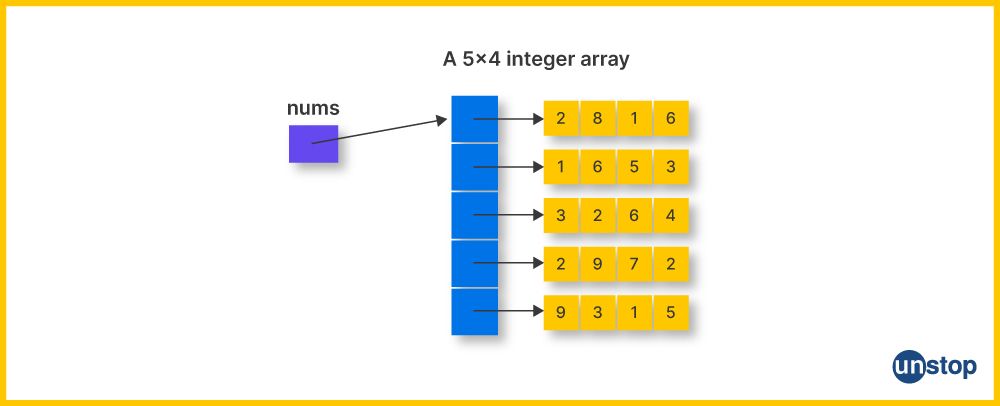
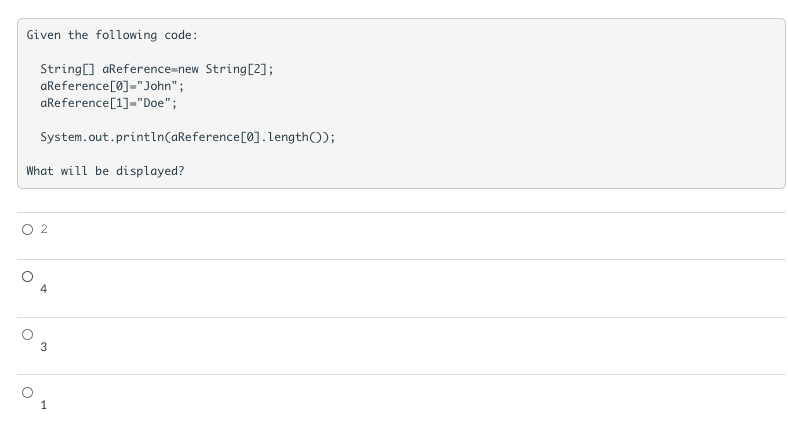
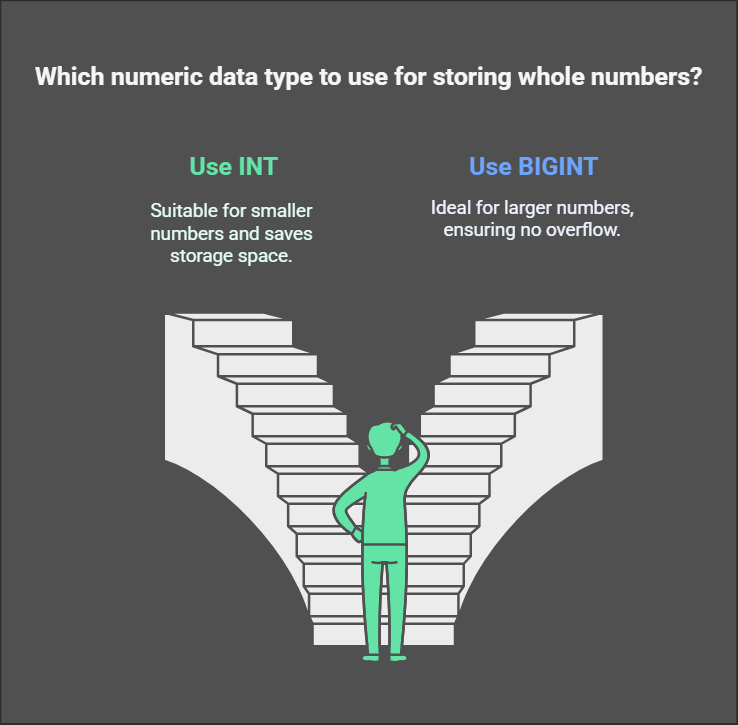


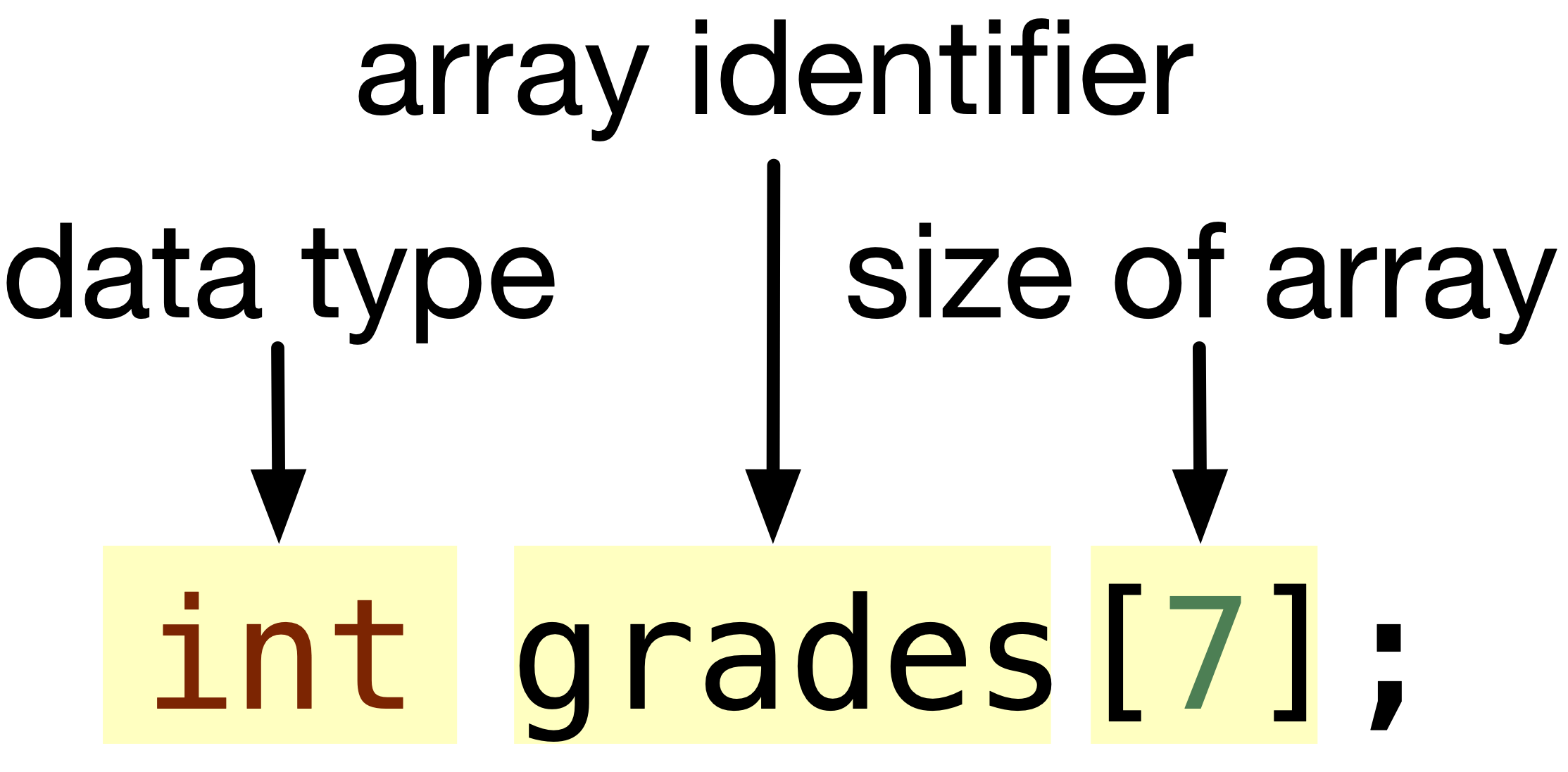
![Java :Difference between int[] array and int array[](5solution) - YouTube](https://i.ytimg.com/vi/B12SNVLmfQ8/maxresdefault.jpg)


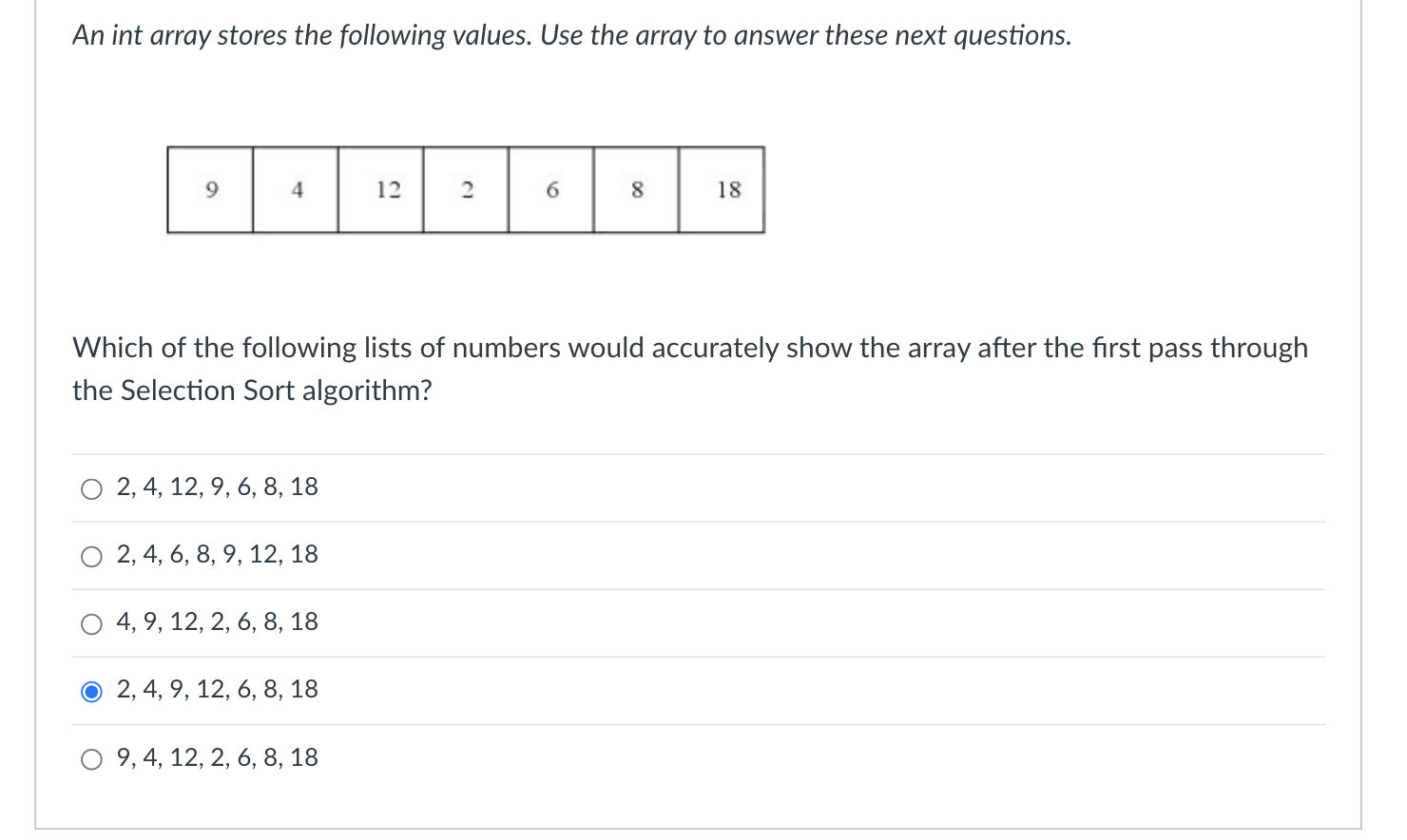
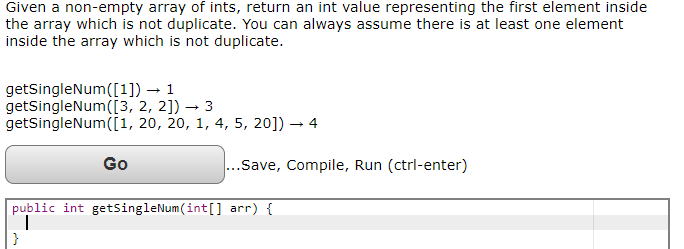
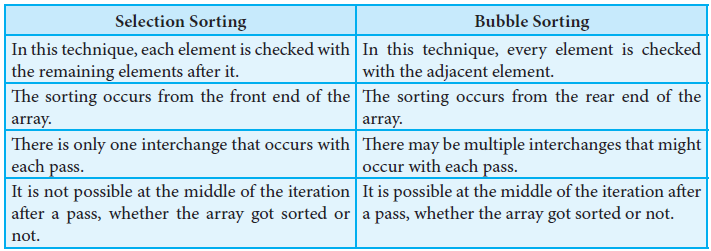
![Solved QUESTION 3 int[][] array ( [0, 6), (5, -7), (-6, 7)); | Chegg.com](https://media.cheggcdn.com/study/5bf/5bf1e8c0-7551-49fc-a1a5-ec50cf60e398/image)


![Solved Consider the following array: int a[ ] = | Chegg.com](https://media.cheggcdn.com/media/e1c/e1c6b9a9-50e5-42f2-ad2f-f9e92f9e8a1d/image.png)


![Solved int find(int array[], int size, int val);int | Chegg.com](https://media.cheggcdn.com/study/499/4997c9d6-64a7-480f-be1b-0246ef730acc/image)
![Solved a) Consider the following array: int a[] | Chegg.com](https://media.cheggcdn.com/media/320/320bb50d-a56f-4482-be3f-c17ec90cd664/image.png)
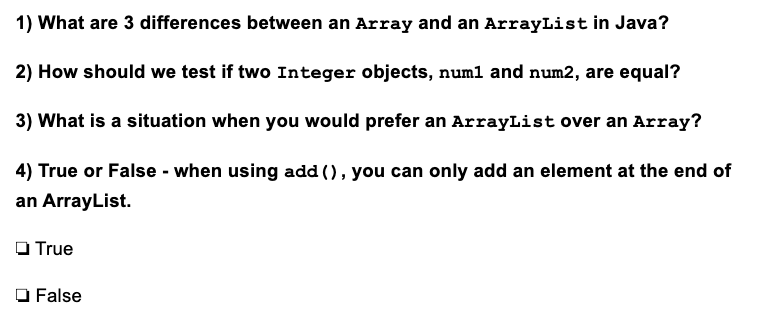

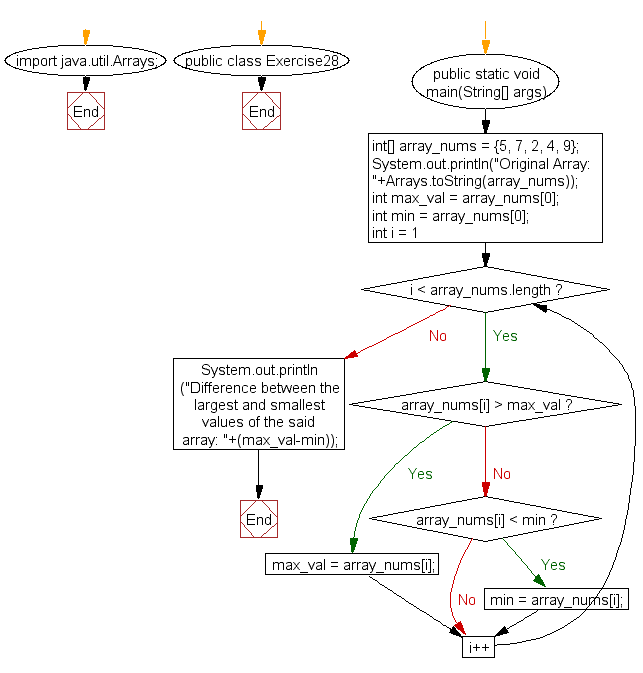

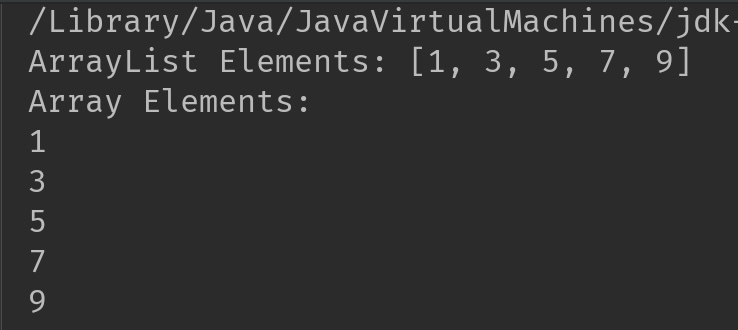





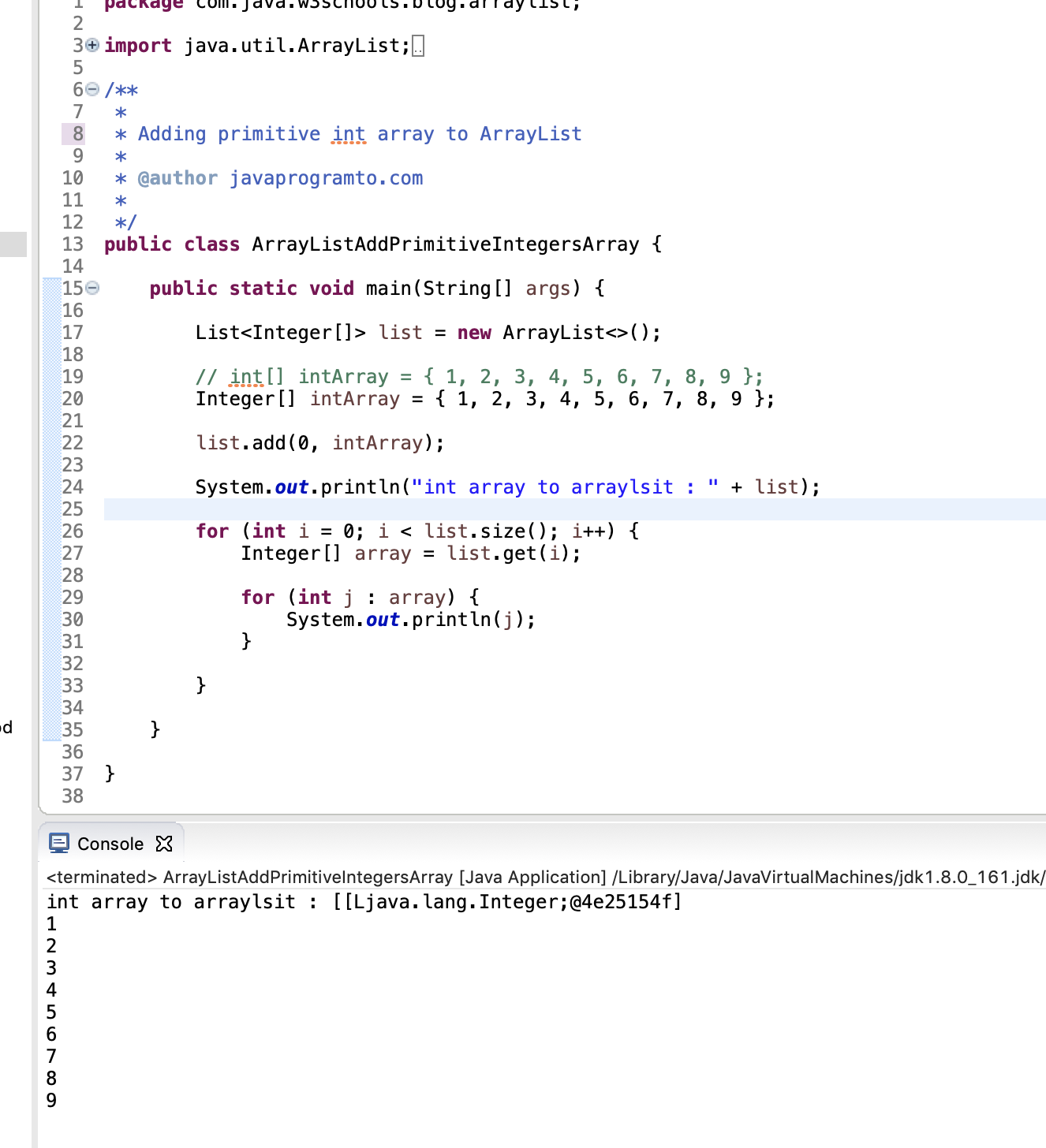
![Solved 5.Look at the following array definition: int[] | Chegg.com](https://media.cheggcdn.com/media/51c/51ca7a1f-4f83-4834-9ff6-2f789054467c/phprshZcw)



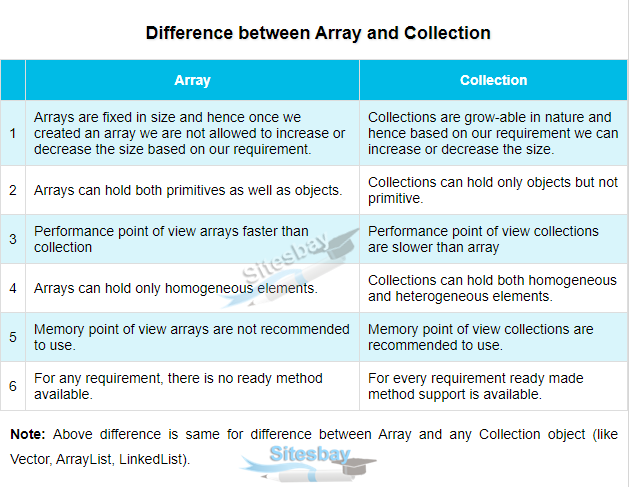
![SOLVED: Consider the following array definition: int numData[4] = 100 ...](https://cdn.numerade.com/ask_previews/d38cda3-1ead-3832-b64b-7a7c744a4d4_large.jpg)

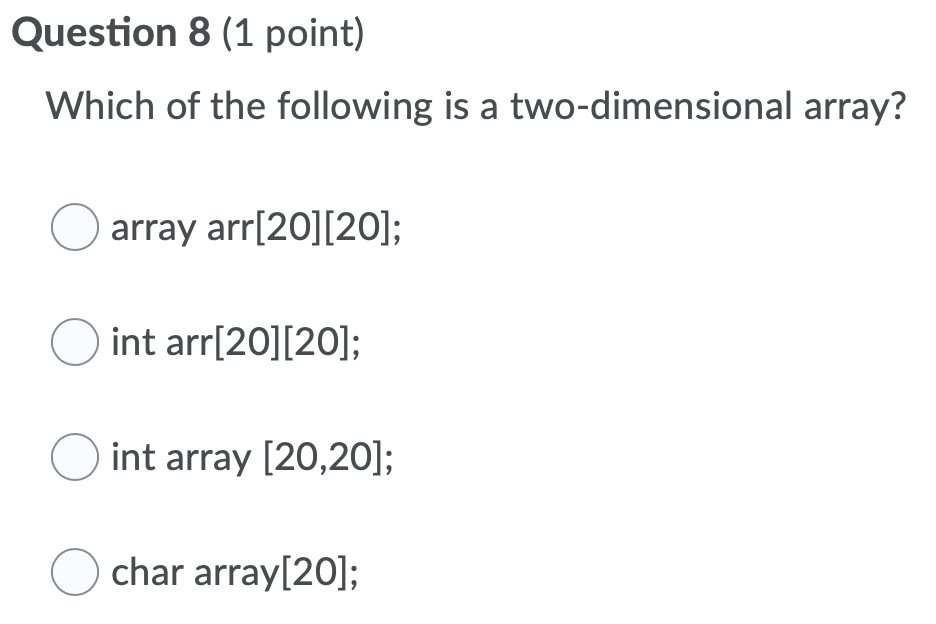
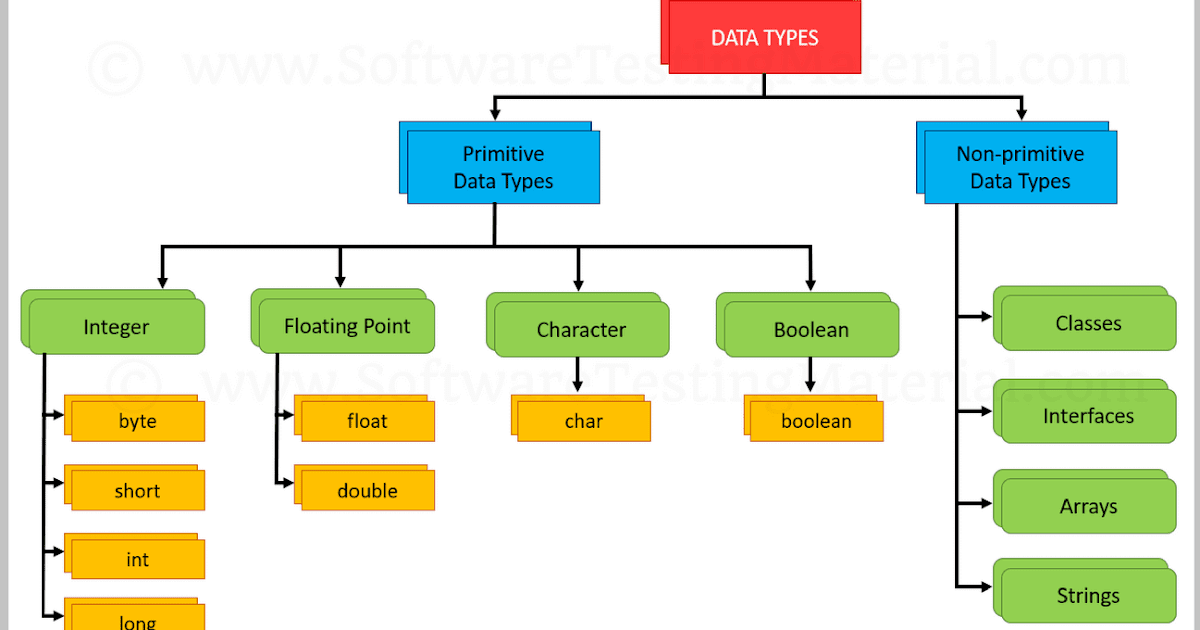
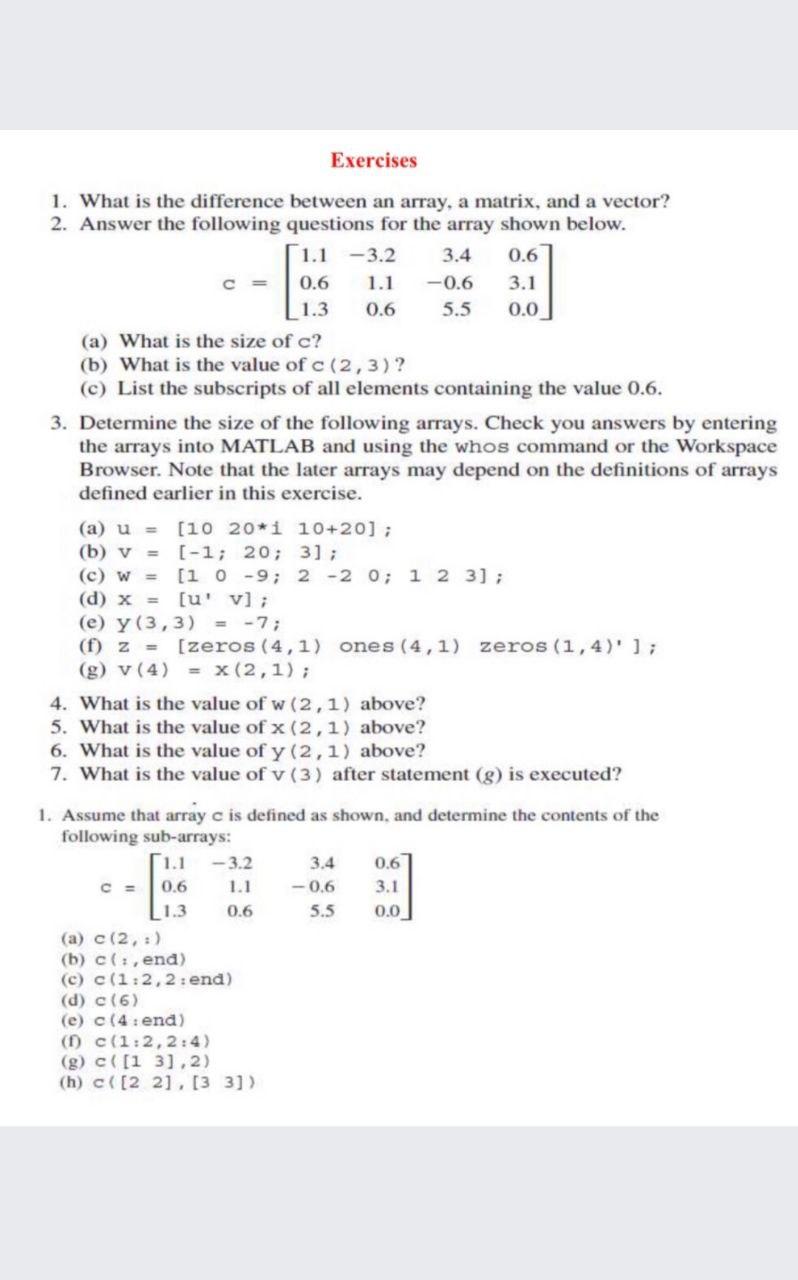

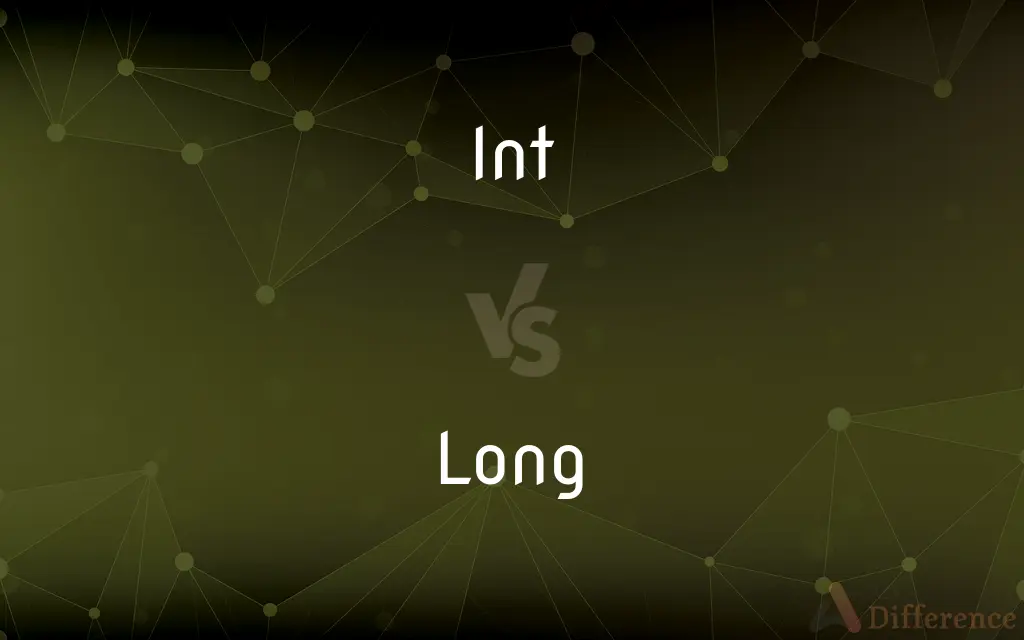

![Solved 5) Given the following array definition: int values[] | Chegg.com](https://media.cheggcdn.com/study/7e3/7e3c1e17-286a-44c6-bc32-4df037b7592a/image.png)
![[Solved]: Consider two C++ int arrays A and B. - The base a](https://media.cheggcdn.com/media/b87/b87f4d6e-0ef3-4af6-b8d9-c0ab19cc9b6d/phpgO1J1T)
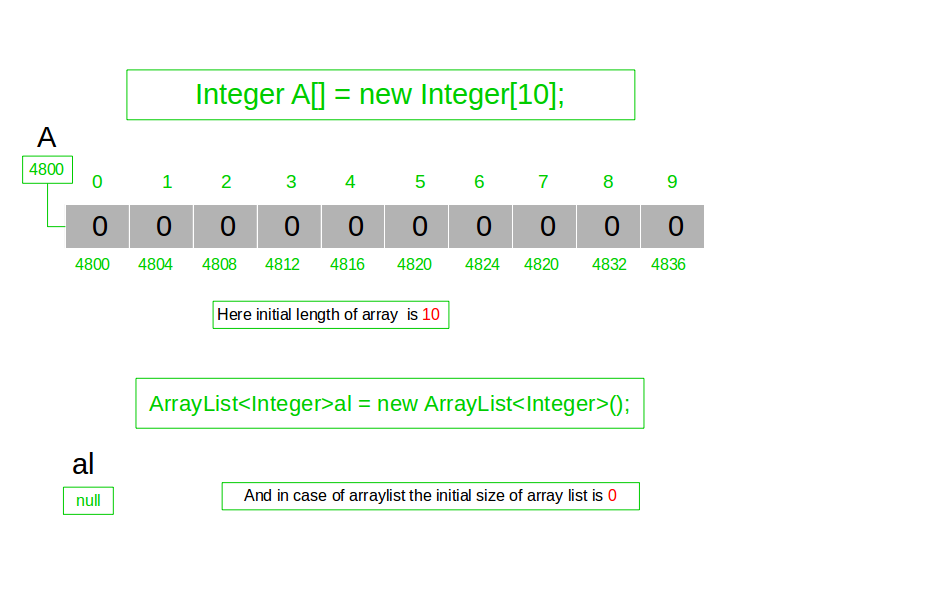
![SOLVED: Question 3 (i) Question 3) [16 marks; 6 + 4 + 6] Differentiate ...](https://cdn.numerade.com/ask_images/aad1f5f0708940d492866376e24e0f23.jpg)